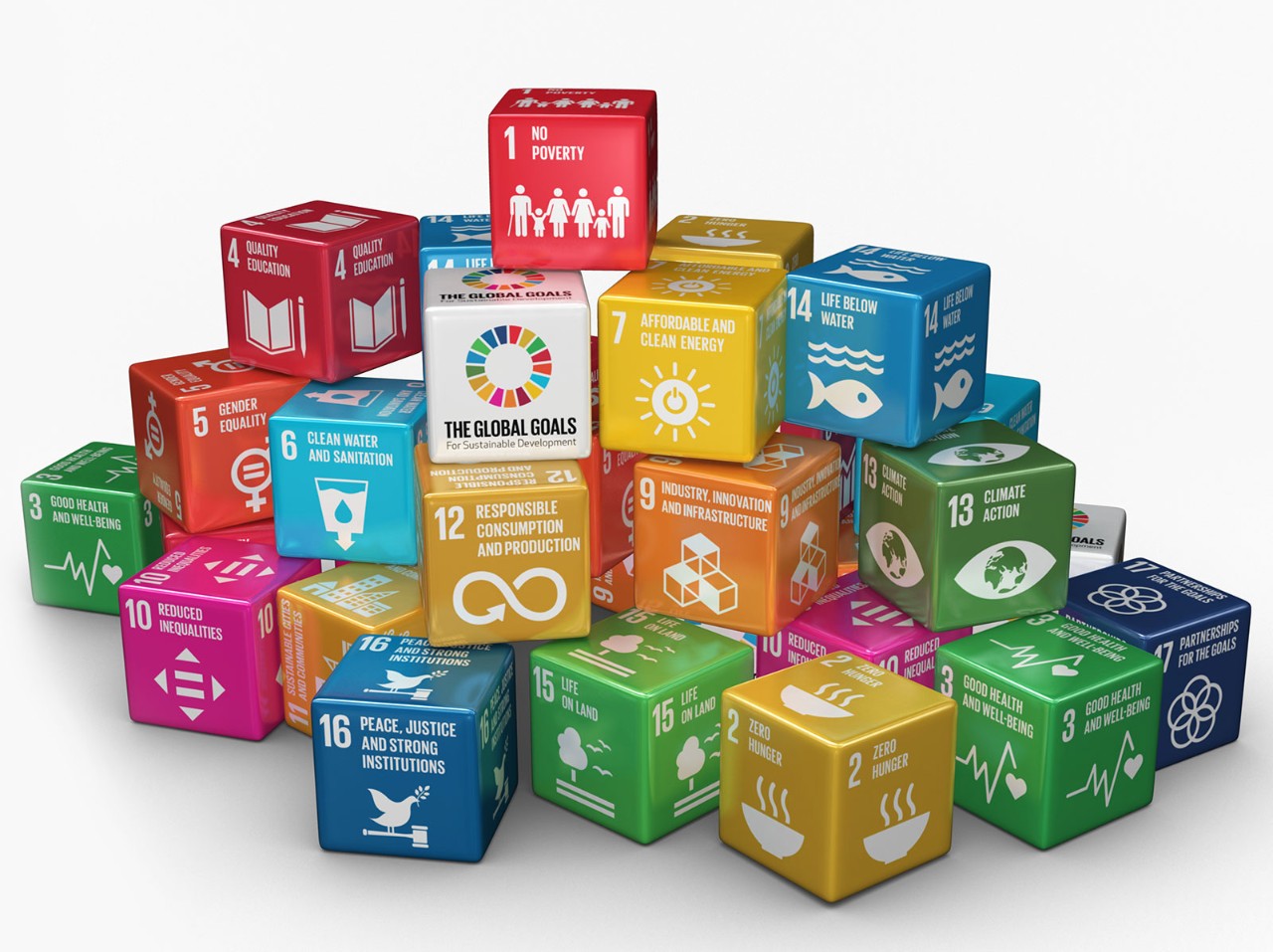
The IFRS Foundation has released a consultation paper detailing a possible governance structure for a sustainability standards board charged with creating global rules on environmental reporting. The paper says that an independent standard-setting board of experts would be governed and overseen by global trustees, themselves accountable to the IFRS Foundation’s monitoring board. The institution would operate alongside the International Accounting Standards Board (IASB), which sets IFRS Standards.
IASB chair Hans Hoogervorst recently gave a speech that focuses on sustainability standards and EY has an overview of the IFRS Foundation initiative.
Meanwhile sustainability reporting groups want the International Organization of Securities Commissions (IOSCO) to help develop a global and comprehensive system for setting environmental accounting standards. In an open letter from CDP (formerly the Carbon Disclosure Project), the Climate Disclosure Standards Board (CDSB), the Global Reporting Initiative (GRI), the International Integrated Reporting Council (IIRC) and the Sustainability Accounting Standards Board (SASB) IOSCO was urged to work alongside the IFRS Foundation in forging a new standards-creating infrastructure as a way of ‘minimising the risk of global and jurisdictional fragmentation’.
Climate change
The International Auditing and Assurance Standards Board (IAASB) has released a staff audit practice alert telling auditors when to take climate change into account to comply with international audit standards. An example is ISA 320 on materiality, where auditors may need to assess how a client’s managers have considered climate-related risks when judging their impact on income or assets.
Sustainable value
The IIRC has welcomed a white paper from the World Economic Forum, in collaboration with Deloitte, EY, KPMG and PwC, that advises how companies should develop metrics that orient their work towards long-term sustainable value creation. Businesses aligned with the long-term aims of society, especially the UN’s sustainable development goals (SDGs), should create long-term sustainable value, according to the paper.
Automated tools
IAASB has issued advice on the use of automated tools and techniques to assess risk and dig deeper in audits, especially when conducting substantive analytical procedures involving large datasets. It recommends that auditors should comply with ISA 520 on analytical procedures when using such technology.
Deloitte has issued advice for the use of digital automation tools by shared services organisations.
Using specialists
The International Ethics Standards Board for Accountants (IESBA), along with IAASB and the American Institute of Certified Public Accountants (AICPA), have advised when accountants might use non-accounting specialists to advise clients during the Covid-19 crisis. This could include economists assessing the impact of the virus, an anti-fraud and IT expert explaining increases in fraud and cybercrime vulnerabilities, and a tax adviser explaining how to tap government Covid-19 subsidies and tax breaks.
Mindset
IESBA has released amendments to its code for promoting the role and mindset expected of professional accountants. The changes include advising accountants to check with professional or regulatory bodies if they fear code compliance might breach the public interest, causing a ‘disproportionate outcome’ from accounting work. The revised code includes new advice on how to avoid bias, conflict of interest, undue influence and other problems.
Accrual accounting
The International Public Sector Accounting Standards Board (IPSASB) has welcomed a call by the B20, the G20’s business liaison group, for the G20 to ‘lead the way in the global application of accrual accounting in the public sector’ on the basis of IPSASB principles. The goal of the B20’s policy recommendations is to reduce corruption, which the B20 says will hinder economic recovery from Covid-19.
Standards deferred
IPSASB has deferred the implementation of two new standards by 12 months to 1 January 2023, because of the operational challenges posed by Covid-19. The standards affected are IPSAS 41 on financial instruments and IPSAS 42 on social benefits.
The board has also delayed introducing some amendments to other, existing standards by one year to the same deadline. Standards affected include IPSAS 36 on long-term interests in associates and joint ventures, and IPSAS 19 on collective and individual services accounting.
Borrowing costs
IPSASB has also approved formal guidance clarifying how borrowing costs can be capitalised, deepening advice within standard IPSAS 5 on borrowing costs. The implementation date is 1 March 2021.




